The Great Curriculum Debate: How Should We Teach Reading and Math?
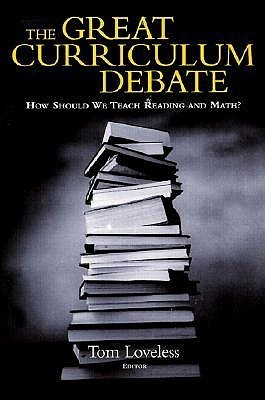
Summary
"
Since the early twentieth century, American educators have been engaged in a heated debate over what schools should teach and how they should teach it. The partisans—""education progressives"" and ""education traditionalists""—have usually kept their disagreements within the walls of the nation's schools of education. Periodically, however, arguments have erupted which have generated headlines and attracted public attention, making clear the potential for bitterness and rancor in education politics. In the 1990s, progressives and traditionalists squared off in a dispute over reading and mathematics. Arguments over how best to teach these two subjects is detailed in The Great Curriculum How Should We Teach Reading and Math? This book includes contributions from distinguished scholars from both sides of the debate, as well as influential nonpartisans. The proponents of ""whole language"" and ""phonics"" present their opposing views on reading. Advocates and opponents of ""NCTM math reform""—the agenda of the National Council of Teachers of Mathematics (NCTM)—discuss their differing opinions about math. Although the authors disagree on many of the most important aspects of learning, they agree on one the school curriculum matters. Decisions made now about the content of reading and mathematics will have long term consequences, not only for students and schools, but for society as a whole. Contributors include E. D. Hirsch Jr. (University of Virginia), Gail Burrill (Mathematical Sciences Education Board), Michael T. Battista (Kent State University), David C. Geary (University of Missouri, Columbia), Roger Shouse (Penn State University), Adam Gamoran (University of Wisconsin, Madison), Richard Askey (University of Wisconsin, Madison), Diane Ravitch (New York University), Catherine E. Snow (Harvard University), Margaret Moustafa (California State University, LA), Richard L. Allington (University of Florida), William Lowe Boyd (Penn State University), and Douglas E. Mitchell (University of California, Riverside).
"
Similar Books
-
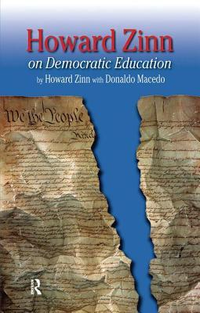 Howard Zinn on Democratic Education
Howard Zinn on Democratic Educationby Howard Zinn
-
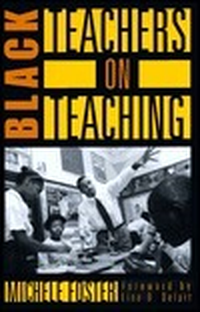 Black Teachers on Teaching
Black Teachers on Teachingby Michele Foster
-
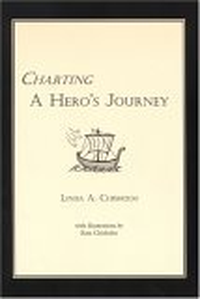 Charting a Hero's Journey
Charting a Hero's Journeyby Linda A. Chisholm
-
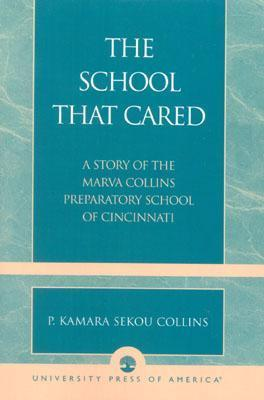 The School that Cared: A Story of the Marva Collins Preparatory School of Cincinnati
The School that Cared: A Story of the Marva Collins Preparatory School of Cincinnatiby P. Kamara Sekou Collins
-
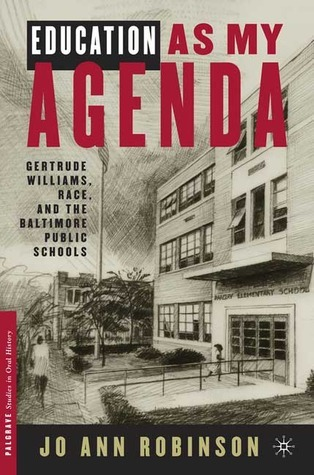 Education as My Agenda: Gertrude Williams, Race & the Baltimore Public Schools
Education as My Agenda: Gertrude Williams, Race & the Baltimore Public Schoolsby Jo Ann Ooiman Robinson
-
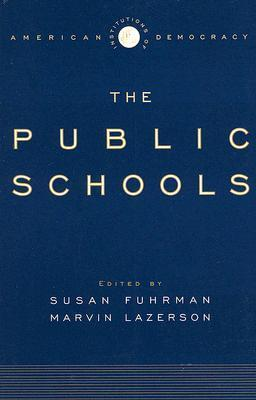
-
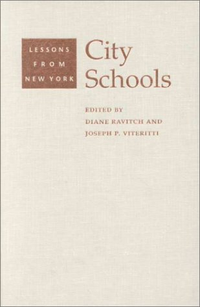 City Schools: Lessons from New York
City Schools: Lessons from New Yorkby Professor Diane Ravitch
-
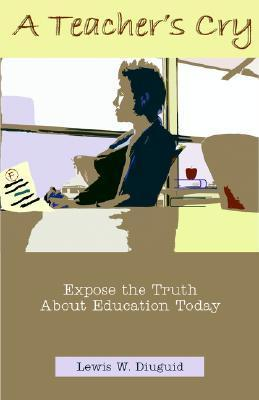 A Teacher's Cry: Expose the Truth about Education Today
A Teacher's Cry: Expose the Truth about Education Todayby Lewis W. Diuguid
-
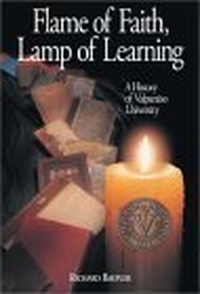 Flame of Faith, Lamp of Learning: A History of Valparaiso University
Flame of Faith, Lamp of Learning: A History of Valparaiso Universityby Richard Baepler
-
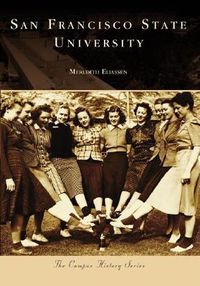 San Francisco State University (CA)
San Francisco State University (CA)by Meredith Eliassen
-
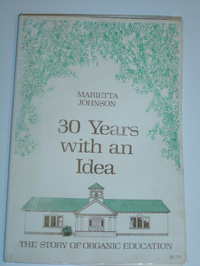 A system for assessing affectivity
A system for assessing affectivityby Marietta Johnson
-
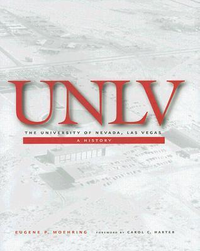 UNLV: The University Of Nevada, Las Vegas: A History
UNLV: The University Of Nevada, Las Vegas: A Historyby Eugene P. Moehring
-
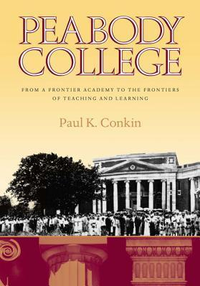
-
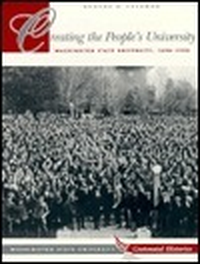 Creating the Peoples University Washington State University
Creating the Peoples University Washington State Universityby George A. Frykman
-
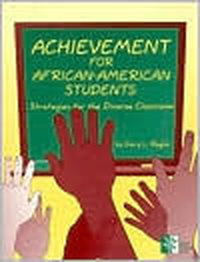 Achievement for African-American Student
Achievement for African-American Studentby Gary L. Reglin
-
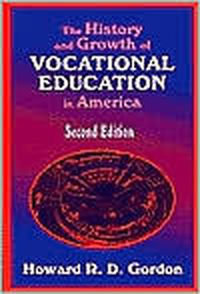 The History and Growth of Vocational Education in America, Second Edition
The History and Growth of Vocational Education in America, Second Editionby Howard R.D. Gordon
-
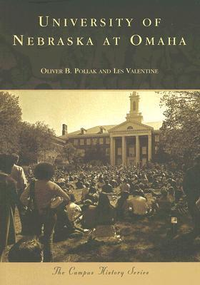 University of Nebraska at Omaha
University of Nebraska at Omahaby Oliver B. Pollak
-
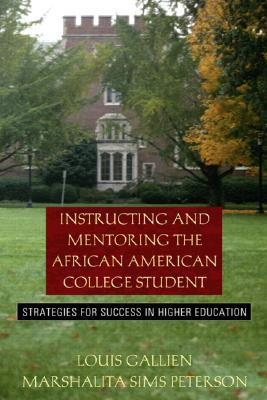
-
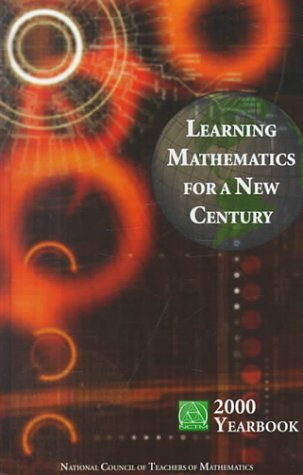 Learning Mathematics for a New Century (YEARBOOK
Learning Mathematics for a New Century (YEARBOOKby Maurice Joseph Burke
-
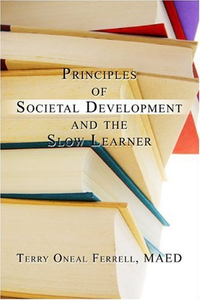 Principles of Societal Development and the Slow Learner
Principles of Societal Development and the Slow Learnerby Terry Oneal Ferrell
-
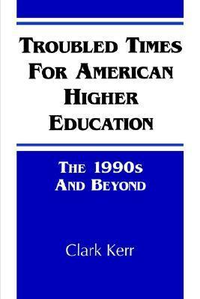
-
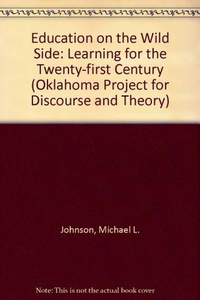 Education on the Wild Side: Learning for the Twenty-First Century
Education on the Wild Side: Learning for the Twenty-First Centuryby Michael L. Johnson
-
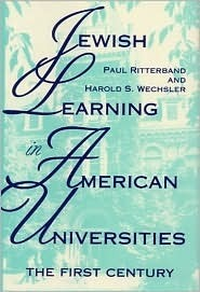 Jewish Learning in American Universities: The First Century
Jewish Learning in American Universities: The First Centuryby Paul Ritterband
-
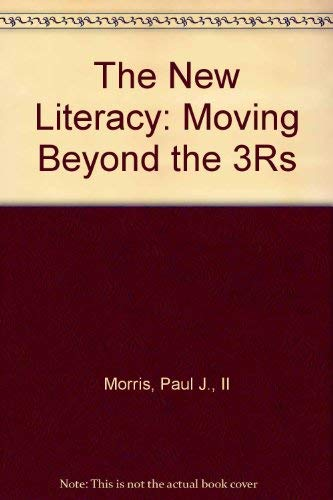 The New Literacy
The New Literacyby Stephen Tchudi
-
 Teacher Training at Cambridge
Teacher Training at Cambridgeby Pam Hirsch
-
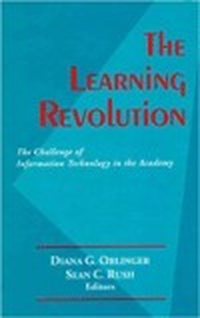
-
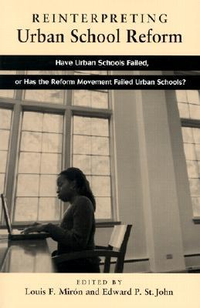
-
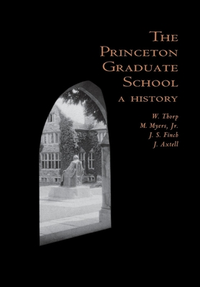 The Princeton Graduate School
The Princeton Graduate Schoolby Willard Thorp
-

-
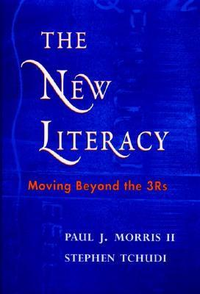 The New Literacy: Moving Beyond the 3Rs
The New Literacy: Moving Beyond the 3Rsby Stephen Tchudi
-
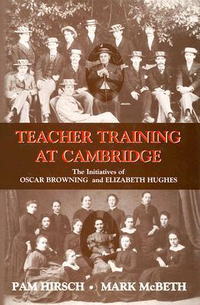
-
 No Heroes, No Villains
No Heroes, No Villainsby Robert M. O'Neil
-
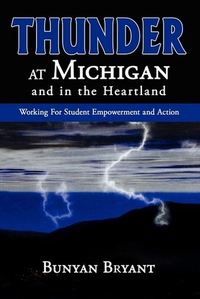
-
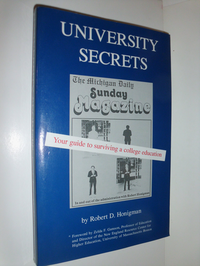 University Secrets: Your Guide to Surviving a College Education
University Secrets: Your Guide to Surviving a College Educationby Robert David Honigman
-
 African American Women Administrators
African American Women Administratorsby Annette W. Rusher
-
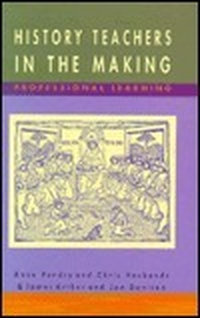 History Teachers in the Making : Professional Learning
History Teachers in the Making : Professional Learningby Anna Pendry